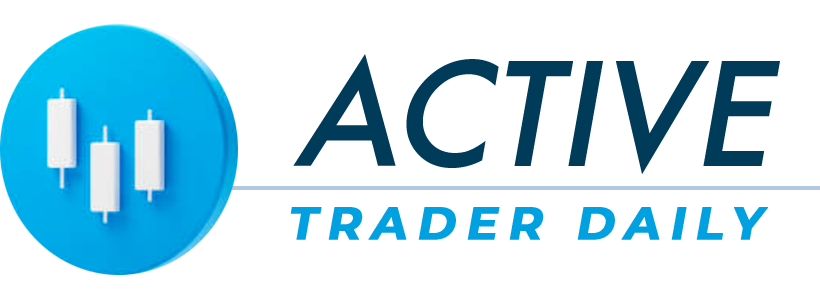By Foo Yun Chee
BRUSSELS (Reuters) -Microsoft has given up its board observer seat at OpenAI in a move aimed at easing U.S. and UK antitrust regulators’ concerns about the extent of its control over the AI startup amid the soaring popularity of generative artificial intelligence.
But the change was unlikely to resolve concerns by the U.S. Federal Trade Commission, a source at the agency said on Wednesday. The FTC is conducting an antitrust review of deals by Big Tech firms and top AI companies.
The move shows Microsoft sees significant potential antitrust exposure and is trying to get ahead of it, the FTC source said.
A spokesperson for Microsoft did not immediately reply to a request for comment on Wednesday.
Meanwhile, Apple, which said last month it was bringing OpenAI’s chatbot, ChatGPT, to its devices, will not take an observer role on OpenAI’s board after being widely expected to do so, the Financial Times reported, citing a person with direct knowledge of the matter. Apple did not respond to a request for comment.
An OpenAI spokesperson said the company would establish a new approach to engaging with stakeholders by hosting regular meetings with strategic partners such as Microsoft and Apple, and investors such as Thrive Capital and Khosla Ventures.
Microsoft took a non-voting, observer position on OpenAI’s board in November after OpenAI CEO Sam Altman took back the reins of the company.
The seat meant Microsoft could attend OpenAI’s board meetings and access confidential information but had no voting rights on matters including electing or choosing directors.
The observer seat and Microsoft’s more than $10 billion investment in OpenAI have triggered unease among antitrust watchdogs in the European Union, Britain and the U.S. over how much control it exerts over OpenAI.
The position provided insights into the board’s work without compromising its independence, Microsoft said in a letter to OpenAI dated July 9.
It cited OpenAI’s new partnerships, innovation and growing customer base since Altman’s return to the startup as reasons for giving up its observer seat.
“Over the past eight months we have witnessed significant progress by the newly formed board and are confident in the company’s direction. Given all of this we no longer believe our limited role as an observer is necessary,” it said in the letter.
EU antitrust regulators last month said the partnership would not be subject to the bloc’s merger rules because Microsoft does not control OpenAI, but they would instead seek third-party views on the exclusivity clauses in the agreement.
In contrast, British and U.S. antitrust watchdogs continue to have concerns as well as questions about Microsoft’s influence over OpenAI and the latter’s independence.
Bill Baer, a former U.S. antitrust official and visiting fellow at the Brookings Institution, said on Wednesday that it seemed the risk of simultaneous antitrust investigations outweighed the benefit of being an observer on the OpenAI board.
“That looks like the right call,” he said, but added that regulators’ concerns seem to go beyond the board seat.
Microsoft is making a smart move by removing the only tangible evidence of possible control/influence over OpenAI, making it very difficult for antitrust regulators to prove otherwise, said an antitrust lawyer who declined to be named due to industry sensitivities.
Britain’s Competition and Markets Authority declined to comment.
Microsoft and OpenAI are increasingly competing to sell AI technology to enterprise customers, aiming to generate revenue and demonstrate their independence to regulators to address antitrust concerns.
Additionally, Microsoft is expanding its AI offerings on the Azure platform and has hired the CEO of tech company Inflection to head its consumer AI division, a move widely interpreted as an effort to diversify beyond OpenAI.
(Reporting by Foo Yun Chee in Brussels; Additional reporting by Krystal Hu and Jeffrey Dastin in San Francisco, Nilutpal Timsina in Bangalore, Jody Godoy in New York and Matt Scuffham in London; Editing by Jamie Freed, Miral Fahmy, Mark Potter and Matthew Lewis)









